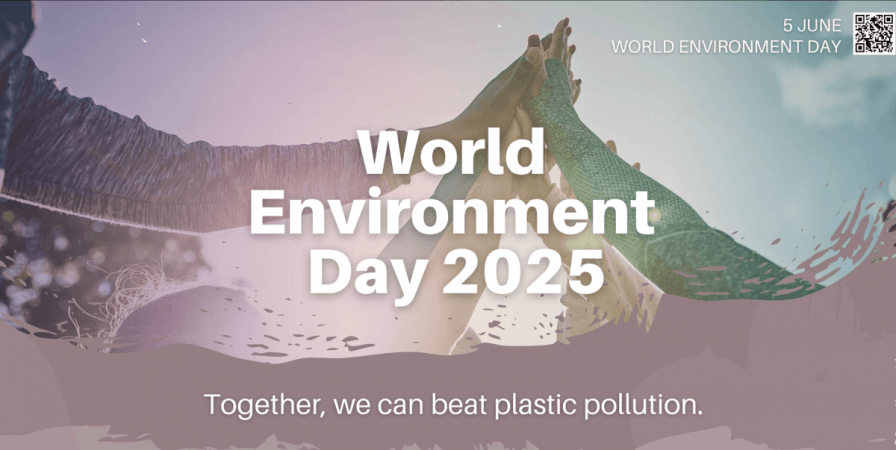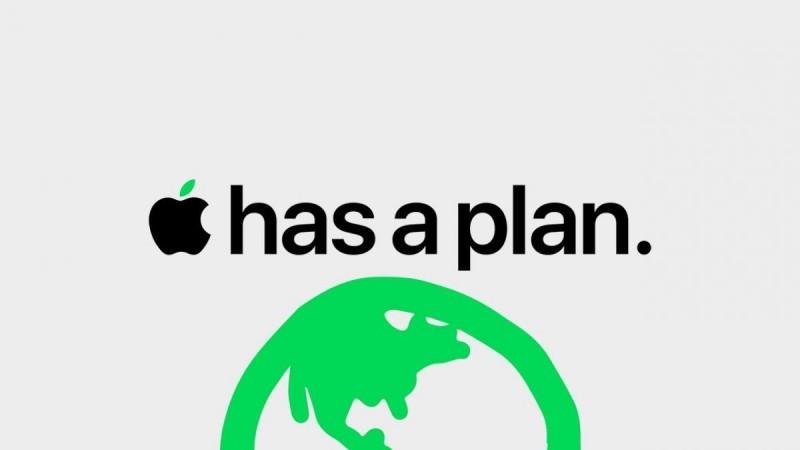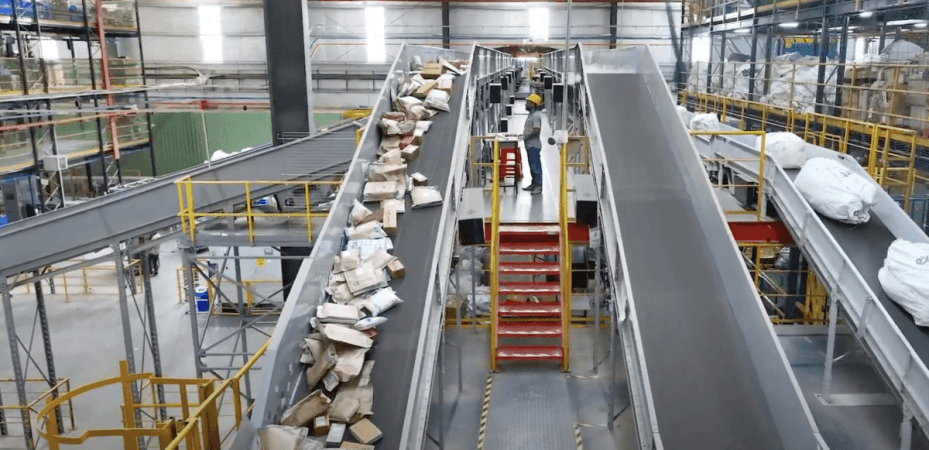
On this World Environment Day, the spotlight is firmly on one of the most persistent and harmful pollutants of our time — plastic. With over 460 million metric tons produced annually, plastic pollution has penetrated every layer of our ecosystem, from mountain peaks to ocean depths. But in the face of this global crisis, technology and e-commerce giants are rethinking production, packaging, and even personal spaces.
In an industry-first achievement, Samsung has reused over 567,000 tons of recycled plastic in its products since 2009 — exceeding its 2030 target well ahead of time. Its latest Galaxy smartphones incorporate ocean-bound plastics, a design shift that not only curbs marine pollution but also sets a new standard for eco-conscious hardware.
Samsung is also working to eliminate plastic packaging entirely for its smartphones by the end of 2025 — demonstrating how sustainability can start right from the box.

Meanwhile, Apple's circular economy approach continues to push boundaries. In 2024, Apple used 50% recycled plastic in 20 components of the iPhone 16 and iPhone 16 Plus, including antenna lines crafted from upcycled plastic bottles. Apple has avoided over 21.8 million tonnes of CO₂e emissions through clean energy partnerships with suppliers and is on track to completely shift to fiber-based packaging by the end of 2025.
Across Apple's ecosystem, sustainability is engineered — from product design to delivery, including low-carbon shipping and zero-waste manufacturing innovations like recyclable protective films and reusable component trays.
Closer to home, Flipkart's packaging journey shows what long-term sustainability looks like on the ground. What began in March 2019 with internal audits of plastic usage evolved into a full redesign — eliminating all single-use plastic from its own supply chain by July 2021.

Key milestones included:
- Swapping plastic fillers for shredded paper.
- Replacing plastic security bags with recyclable paper alternatives.
- Working directly with suppliers to remove unnecessary outer packaging.
Flipkart's efforts earned it the TRUE Gold certification in 2023 for four of its distribution centers — with 97% of waste diverted from landfills.
While corporations tackle plastic at the supply chain level, consumers are increasingly looking for ways to make sustainable choices in their own homes. Besides using sustainable products, it is important to improve home environments while aligning with eco-conscious values. There are many products out there, which purify your home ambiance, and one such player is Dyson, which has a wide range of products catering to various needs.
The Dyson Purifier Big+Quiet, for instance, combines HEPA + active carbon filtration with Cone Aerodynamics to purify large spaces — up to 1,000 sq. ft. — all while operating at just 56 decibels. Then there's Dyson V12s Detect Slim Submarine, which offers powerful cleaning solutions that reduce dependence on disposable wipes or plastic-heavy cleaning products.
From the packaging lines of e-commerce warehouses to the processors in our pockets and the air purifiers in our homes, it's clear: sustainability is no longer optional — it's fundamental.
Whether it's investing in cleaner air at home or supporting brands that treat packaging like a responsibility, every action adds up.









